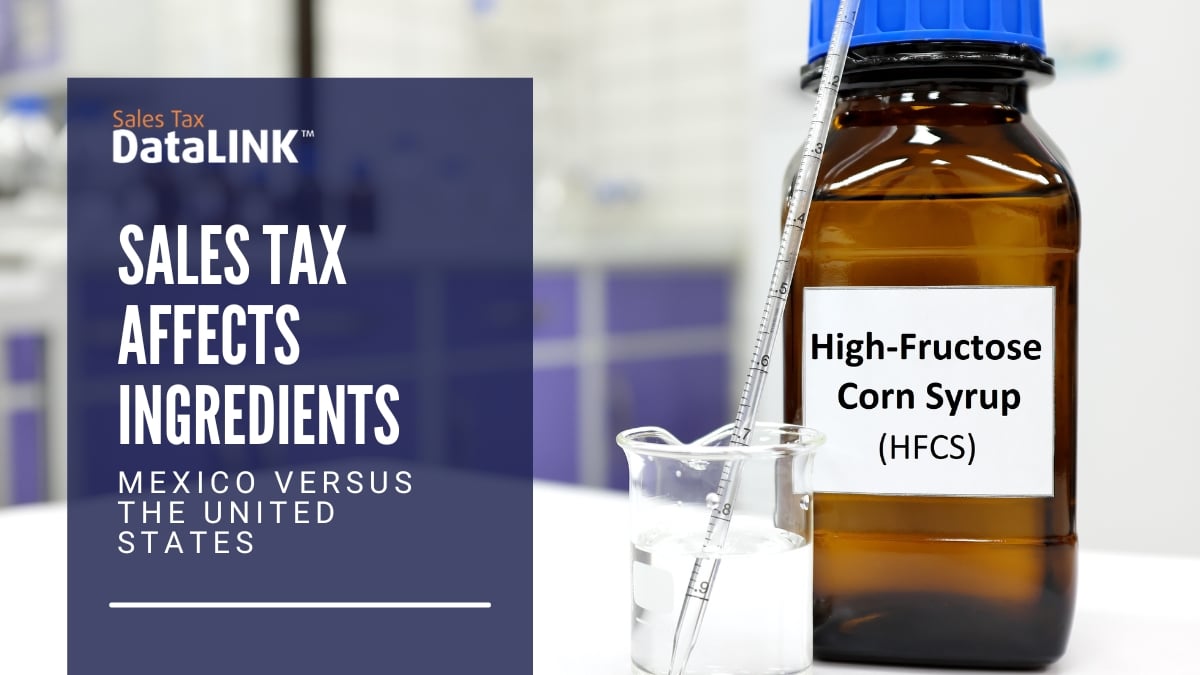If you’re a health nut, you’re probably conscious of the negative claims about HFCS, or high-fructose corn syrup. There are a lot of reasons why manufacturers use this as a sweetening ingredient instead of sugar but there’s one that’s especially interesting for sales tax professionals. Mexico put a sales tax on soft drinks sweetened with HFCS until 2007 when the World Trade Organization said the tax was illegal. But you’ll still find that most Mexican sodas are made with sugar, not HFCS, because of longstanding differences in supply chains between American and Mexican sodas. And it’s all because of sales tax. While Mexican Coke has become a trendy choice for foodies in the United States, only half of all testers in a recent poll could tell the difference between Mexican and U.S. versions of the soft drink. But it’s undeniable that sugar cane-sweetened Coke can demand higher profit margins from those who want cane-based rather than corn-based products.
Mexican Coke has sold for $5 for a 355 ml bottle in New York City, compared to around $2.00 for a full two-liter bottle of the U.S. version. But don’t think that sales tax stops at cane sugar versus other sweeteners. Flour, as we’ve reported before, affects the overall taxability of things like candy bars. So how can your company take these into account when making your next product? Consulting with a sales tax professional about what difference certain ingredients might make in sales taxes on your product can help you be competitive with other companies making similar products.




